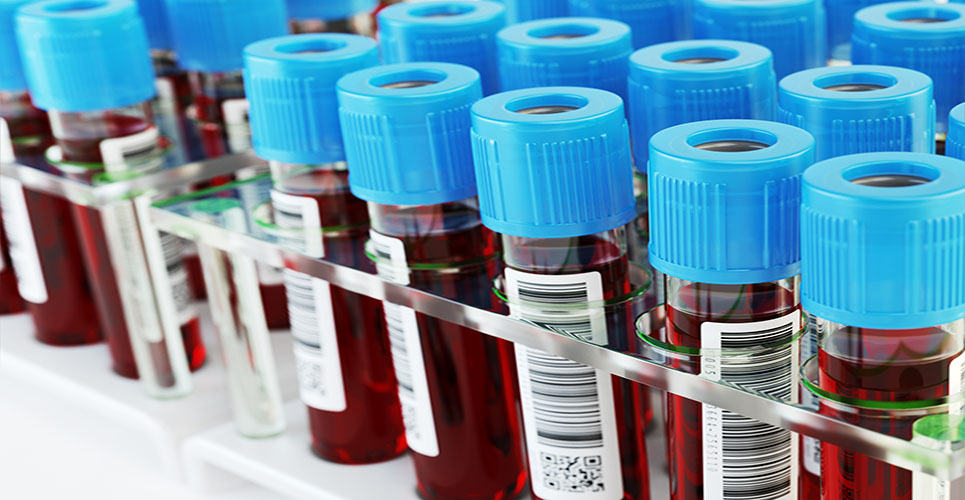teaser
A test that can reveal whether patients are sensitive to side-effects of the blood-thinning drug warfarin has received approval in the USA.
Health officials estimate the move could prevent thousands of complications each year.
Around one-third of patients process the drug in a way that leaves them susceptible to a relatively higher risk of bleeding.
Research suggests that most of this sensitivity is due to variations in two genes, and the test – produced by US nanotechnology-based molecular diagnostics firm Nanosphere – can detect some of those differences.
FDA economists estimate the testing could prevent 85,000 “serious bleeding events” and 17,000 strokes a year, according to a study conducted in November 2006.
The decision comes a month after warfarin, which is sold under the brand name Coumadin® in the USA and in generic forms, became the first common drug to include genetic testing information on its label.
Dr Daniel Schultz, a director at the FDA’s Center for Devices and Radiological Health, said: “Today’s action offers physicians the first FDA-cleared genetic test for warfarin sensitivity, which is another step in our commitment to personalised medicine.
“With this test, physicians may be able to use genetic information along with other clinical information to treat their patients.”
Copyright © PA Business 2007

